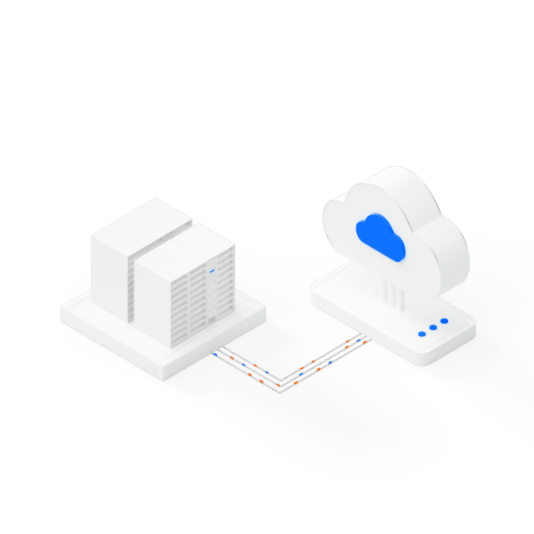Advantages of cloud computing

elastic It supports flexible capacity expansion and capacity reduction, can use resources as needed, reduce IT resource preparation due to business peak, and also avoid leaving a lot of idle resources after business peak, resulting in unnecessary resource waste. 
agile With a variety of technology products, globally deployed infrastructure, and easy to use product experience, you can easily use various technologies through cloud computing to quickly complete business innovation and build your business system globally. 
security With the native security deeply integrated with cloud infrastructure, security as a service realizes the full life cycle protection of cloud platform and business data, global high-level data security and compliance privacy, and ensures your business is safe online. 
stable Multi regional data center deployment, disaster recovery backup, automated monitoring and recovery and other technologies support your business continuity in an all-round way, and provide you with stability assurance through service level agreements (SLAs). 
performance Through underlying technologies such as separation of storage and computing, software and hardware co optimization, the resource efficiency and performance of services can be improved on a large scale to meet the extreme performance requirements of your business. 
cost The super large-scale data center and global service capabilities bring cost-effective services. At the same time, with the continuous expansion of the scale of the public cloud, they bring large-scale benefits and constantly reduce your cloud spending costs.
Cloud computing architecture
Infrastructure as a Service (IaaS) The service category providing various infrastructure capabilities, including computing, storage, network and other resource service capabilities. You can flexibly deploy your own business system without purchasing and deploying hardware infrastructure such as servers, storage, and network equipment. Platform as a Service (PaaS) Provide the service category of the hardware and software deployment platform required by the application. You don't need to manage and maintain the complex underlying infrastructure and operating system, just focus on your own business logic to accelerate development efficiency. Model as a Service (MaaS) The AI model is regarded as an important element of production. From model pre training to secondary tuning, and finally to model deployment, corresponding services are provided around the life cycle of the model. You can access, use, and integrate models in a low-cost way to improve your business intelligence capabilities. Software as a Service (SaaS) Provide software service categories, including collaboration software, customer relationship management, enterprise resource planning, human resources system, etc. You do not need to go through the traditional R&D process, but can use software services through the Internet, saving the work of managing infrastructure and developing software.
Deployment mode of cloud computing

Public Cloud It is a cloud computing environment that provides computing resources to the public through the Internet. It is owned and operated by a third party company. Users can access these services through the Internet without purchasing physical infrastructure. At the same time, it can be easily expanded, and users only need to pay for the resources they use. 
Private Cloud It is a cloud computing environment built only for a single organization or a certain type of organization. With the same technical architecture as the public cloud, it can be interconnected with the public cloud to achieve flexibility and agility on the cloud. The difference is that a private cloud is independently deployed. It can be deployed in an organization's internal network or hosted by a third-party provider.
Start the cloud practice journey
Wang Jian on Cloud Computing
In the digital era, the Internet has become an infrastructure, and the emergence of cloud computing enables the data center to work like a computer, take on the work that a single computer could not before, and provide computing to users in the form of public services. Industrial economy is power economy, digital economy is computing economy, computing power is a new measure of economic development. Today's digitization is equivalent to electrification a hundred years ago. Just like electricity a hundred years ago, computing power will become the core infrastructure of the country and stimulate innovation ability again. The best way to provide computing power today is through cloud computing.

